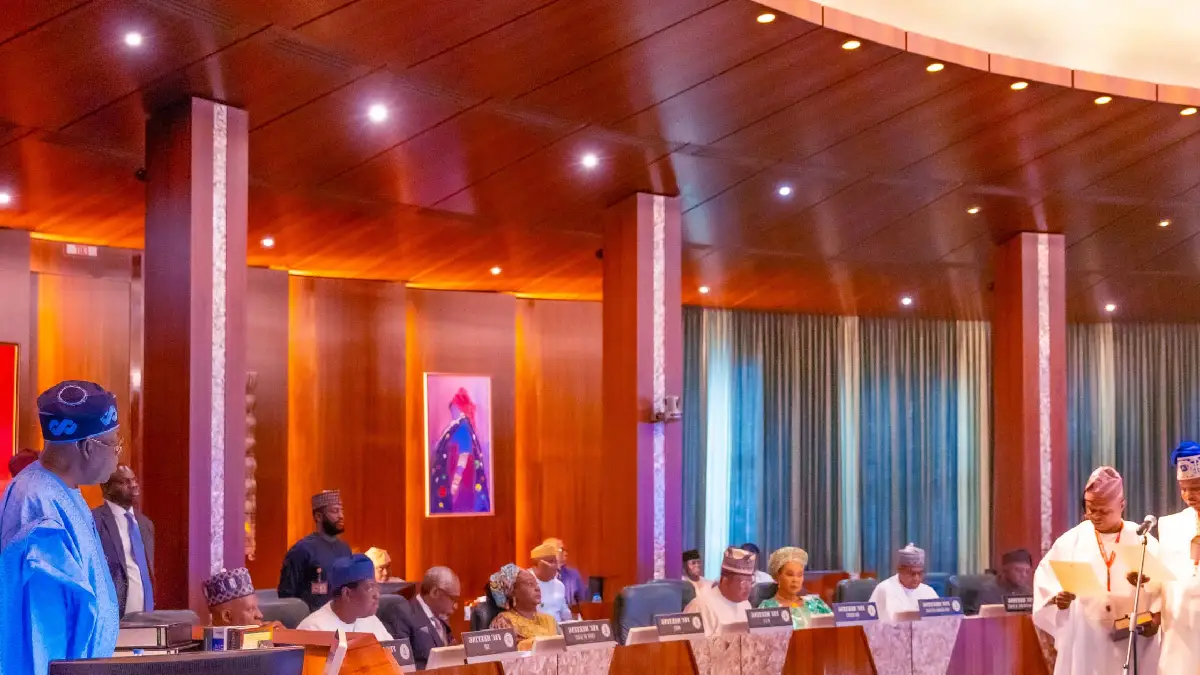
State Autonomy in Minimum Wage: Governors Advocate for Localized Negotiations
LAGOS — Governors from the Southern part of Nigeria, under the aegis of the Southern Governors’ Forum, have called for each state’s ability to pay the new minimum wage to be considered. This appeal comes amidst ongoing discussions by the Nigerian Governors’ Forum (NGF) to find a mutually agreeable solution to the minimum wage crisis.
Despite President Bola Tinubu’s unusual presence at the National Economic Council (NEC) meeting, which is typically chaired by Vice President Kashim Shettima, neither addressed the minimum wage issue. Meanwhile, organized labor has raised alarms about growing unrest among public and private sector workers due to delays in concluding the new minimum wage talks, urging labor leaders to declare industrial action to expedite the process.
Governors Take Stand on Minimum Wage
In a 16-point communique issued yesterday, the governors advocated for states to negotiate the new wage with labor unions. The communique stated, “The Forum discussed the minimum wage issues demanded by labor and unanimously agreed that the minimum wage should reflect the cost of living, and that each state should be allowed to negotiate its minimum wage.”
The governors also discussed fiscal federalism and the devolution of powers during their meeting. Rising from an NGF meeting in Abuja, governors from various states, including Oyo, Zamfara, Anambra, Delta, Gombe, Kano, Imo, Kwara, Ondo, Kaduna, Kebbi, Ebonyi, Sokoto, and Ogun, among others, promised to remain dedicated to the process and assured that better wages would result from ongoing negotiations.
Ongoing Negotiations and Industrial Action Threat
President Bola Tinubu had set up a tripartite committee in January to negotiate a new minimum wage, including representatives from organized labor, federal and state governments, and the Organized Private Sector (OPS). However, the committee failed to reach an agreement, leading labor to declare an indefinite strike on June 3, 2024, paralyzing various sectors including airports, hospitals, the national grid, banks, and legislative complexes.
Labor relaxed its strike on June 4, 2024, following assurances from President Tinubu that he is committed to a living wage above N60,000. Talks resumed with representatives from the federal and state governments, as well as the OPS, but both sides failed to reach an agreement by June 7, 2024. Labor dropped its demand from N494,000 to N250,000, while the government increased its offer from N60,000 to N62,000.
Workers Becoming Restive
Indications have emerged that workers are becoming increasingly restless over delays in concluding the new minimum wage talks. Public sector workers have lamented the hardship and suffering they face, noting that the promised palliatives are not forthcoming. Private sector workers are also feeling the pinch, compounded by the foreign exchange crisis and the recent hike in electricity tariffs.
Labor Leaders Urged to Act
Labor leaders have been urged to take action, including industrial action, to expedite the resolution. The workers believe that the government is unnecessarily dragging the process, and labor leaders have been explaining the situation to them while assuring that arrears will be paid once the new minimum wage is implemented.
Conclusion
The delay in concluding the new minimum wage has led to increased frustration among workers, with calls for immediate action to alleviate their suffering. The governors’ push for state-specific negotiations highlights the need for a flexible approach to address regional economic differences, aiming to achieve a fair and sustainable minimum wage across Nigeria.